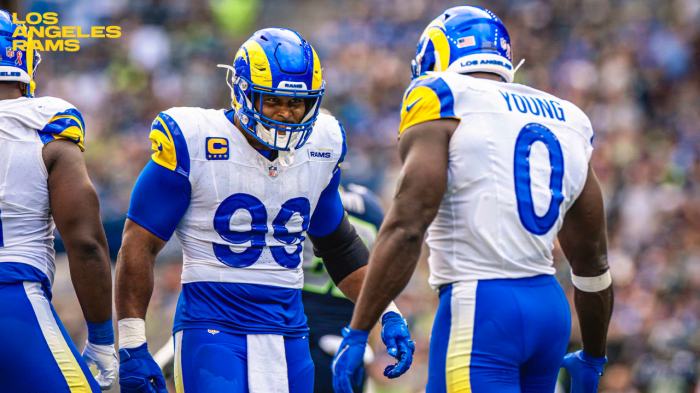Radio Okapi is the United Nations radio station in the Democratic Republic of Congo, managed by MONUSCO. From 2002 to December 2014, Radio Okapi was co-managed by MONUSCO and Fondation Hirondelle according to a partnership defined in a Memorandum of Understanding signed on December 2, 2001.
From the outset, the radio was designed to last, that is, to exist after the departure of MONUSCO in order to continue to provide the Congolese population with information of the highest quality.
On February 25, 2002, Radio Okapi broadcast for the first time from the studios in Kinshasa and throughout the Congolese territory. It was live from Sun City, where the Inter-Congolese Dialogue was taking place, which decided the terms of the transition in the DRC.
History
Under United Nations Security Council Resolution 1201 of 24 February 2000, MONUC (currently MONUSCO) is mandated to maintain peace in the DRC and support the transition to an end to the crisis. The agreement between the Congolese government and the United Nations provided for the establishment of a radio station to inform the Congolese population of the humanitarian situation and the transition.
Convinced that this radio would play a vital role in the DRC, people within the Department of Peacekeeping Operations in New York (DPKO) contacted the Hirondelle Foundation so that it could participate in the design and implementation of the radio.
In 2001, the concept of a radio station, organized as a network across the country with a network head in Kinshasa and regional studios in the provinces, was presented to the United Nations by the Hirondelle Foundation and accepted. The Hirondelle Foundation, a Swiss NGO specializing in information in crisis zones, is associated with MONUC in order to provide its journalistic professionalism and its know-how in training in radio professions and media management.
Okapi Values
Radio Okapi adheres to the mission and values of a radio station serving the public and adopts the criteria set out by UNESCO to define public service: universality, diversity, independence.
Radio Okapi prohibits all forms of discrimination based on age, gender, ethnicity or religion.
Radio Okapi produces and broadcasts independent, rigorous, factual and credible regional, national and international information, and provides the necessary elements for citizens to make decisions based on facts.
She embodies and defends human values:
- Otherness: respect for differences between cultures, respect for particularities, tolerance.
- The dignity of each person, undermined by situations of violence, wars and crises, is one of the most precious assets of every human being.
- Openness to the world is part of Okapi’s identity.
The recipients
Radio Okapi offers a variety of programs – information, education and entertainment – and targets all audiences with its range of programs and topics.
Radio Okapi seeks to reach the widest possible audience. It has a national broadcast and covers almost the entire country in frequency modulation –FM – 24 hours a day.
It is also accessible via the Internet. Radio Okapi broadcasts in four national languages and in French in order to reach all audiences.
The investment
It is a network composed of a network head in Kinshasa and 6 regional studios (Bunia, Beni, Butembo, Goma, Bukavu and Kananga). It has more than 100 employees (journalists, technicians, presenters, drivers, etc.) throughout the country, 33 of its own FM relays and around twenty partner radios that take up part of its programs.
Sentimental value
Radio Okapi is perceived as a safe bet and recognized by our listeners because its program is linked to all moments of life. The radio makes the connection, it gives the idea of a community of destiny. It introduces both difference and respect for others.
The news
This is a major asset of our programmatic offering. To produce quality news bulletins and programs, Radio Okapi requires of itself, first and foremost:
- Professionalism and excellence in one’s field of activity; professionalism represents a primary value.
- Independence from political and economic powers is essential. Only this independence can guarantee the impartiality of Radio Okapi’s journalistic activity and ensure credibility among the beneficiary populations. No one, except those designated by the radio, can demand or prohibit the broadcasting of content.
- Honesty is essential. Journalistic honesty, of course, which will lead journalists to get to the facts as closely as possible, to make the best possible allowance for subjectivities, biases, life experiences and personal points of view. But honesty also as a general attitude, in our relationships between colleagues, with third parties, hosts, donors, partners, suppliers. In its contracts, its commitments, Radio Okapi prefers frankness to skill.




